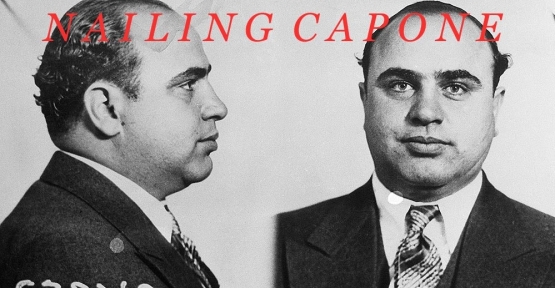|
Prohibition History Film Clips  It stands to reason that when one addictive drug disappears, the users will seek another drug to serve as a substitute - and although Wikipedia stated that drug addiction rose 44.6% throughout the course of Prohibition, this 1922 article reported that (at least for the first three years of the law) narcotics use remained at it's pre-1919 levels.
- from Amazon:

Click here to read about the problems of American drug addicts in the Forties... Prohibition had been in place for a little over eleven and a half years by the time this uncredited editorial was published. The column is informative for all the trivial events that Prohibition had set in motion and are seldom remembered in our own time - such as the proliferation of private golfing institutions; clubs that intended to appear innocent enough, but were actually created for "Wet" dues-paying golfers. A recently posted article (1917) that appeared in The Literary Digest near the end of 1929 examined the astronomical wealth that had been earned by the gangsters in America's biggest cities. "The Supreme Court ruled, by [a] vote of 7 to 2, that liquor is legal on U.S. ships outside the three-mile limit... The 18th Amendment and the Volstead Act apply only to actual United States territory." It is said that the Eighteenth Amendment would never have come into being without the efforts of one Wayne Bidwel Wheeler (1869 – 1927), and who are we to doubt it. In this column, the father of Prohibition recalls the numerous times throughout American history in which those who held minority opinions bit the bullet and acquiesced to will of the majority - all but one faction, "the liquor interests". Time and again, he points out, this was the one tribe that wouldn't budge. As 1923 was winding to a close, President Coolidge's Treasury agents were targeted to receive over $28,000,000.00 in equipment and personnel to enforce the Eighteenth Amendment. By 1927 it was common knowledge to every Chicago-based journalist that any reporter who wrote truthfully or seemed in any way outraged by the business practices of Al Capone - and others of his ilk, was likely to be found face down in Lake Michigan. The writer who penned this piece probably had that fact in mind while sitting at the typewriter; it is not an apology for the Chicago gangsters, it simply implies that they are established, the police are complicit - so get used to it. The writer then begins to explain how the bootlegging and distribution business operated - some of the up-and-coming hoods of the day must have been gratified to read that there was plenty of room for advancement within each organization.
Click here to see a chart indicating the decreased murder rate following the repeal of Prohibition.
A history of Chicago vaudeville can be read here...
|
MORE ARTICLES >>> PAGE: * 1 * 2 * 3 * 4 * 5 * 6 * 7 * 8 * 9 * > NEXT |
|